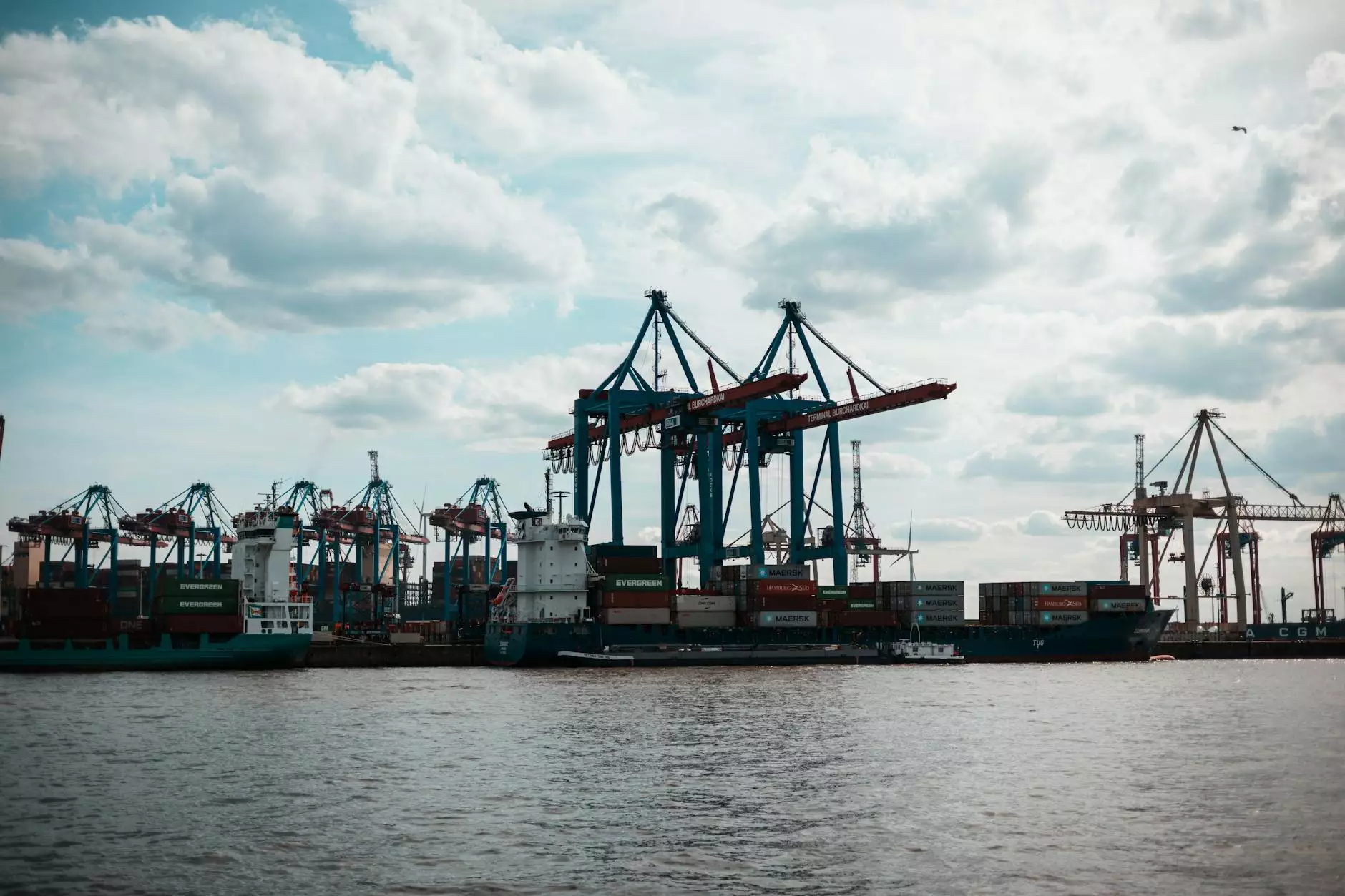Understanding How to Quote Freight Cost for Your Business

In the fast-paced world of logistics and transportation, mastering the ability to quote freight cost accurately is essential for any business. Whether you're operating a shipping center, engaging in business consulting, or involved in vehicle shipping, understanding the intricacies of freight costs can lead to substantial savings and improved operational efficiency. This comprehensive guide aims to unravel the complexities surrounding freight costs so you can make informed decisions that will benefit your business.
The Importance of Accurate Freight Cost Estimation
Accurate freight cost estimation is not merely an operational necessity; it is a strategic advantage. Here’s why:
- Cost Control: By obtaining precise freight costs, businesses can better manage their budgets and avoid unexpected charges.
- Enhanced Pricing Strategy: When you understand your shipping costs, you can set competitive prices that reflect the full cost of delivery.
- Improved Customer Satisfaction: Providing consistent and reliable quotes builds trust and enhances customer relations.
- Operational Efficiency: Knowing your shipping expenses helps streamline logistics and reduce waste in processes.
Factors Influencing Freight Costs
When you seek to quote freight cost, it is essential to consider various factors that can influence pricing. Here are the key elements:
1. Distance and Route
The distance from the pickup point to the delivery location is a primary factor. Longer distances typically incur higher costs. Additionally, the complexity of the route—such as toll roads, traffic conditions, and road restrictions—can affect pricing.
2. Weight and Dimensions of the Shipment
Carriers often use a pricing model based on either the actual weight or the dimensional weight (DIM weight) of the package. Understanding how these calculations work is crucial for providing accurate quotes.
3. Type of Cargo
The nature of the cargo plays a significant role in determining costs. High-value or hazardous materials may require special handling and insurance, thus increasing the quote freight cost.
4. Shipping Method
The mode of transport—be it air, sea, rail, or road—significantly influences freight costs. Air freight is faster but generally more expensive, whereas sea freight, while slower, often offers lower rates for larger shipments.
5. Delivery Speed
Express shipping options will usually carry a premium compared to standard delivery. Customers prioritizing speed need to be aware that this influences the overall cost.
Steps to Ensure Accurate Freight Cost Quotes
To deliver precise quotes consistently, follow these steps:
- Gather Required Information: Collect all necessary shipment details, including weight, dimensions, pickup and drop-off locations.
- Utilize Freight Quote Software: Implementing freight tracking and quoting tools can automate calculations and improve accuracy.
- Review Carrier Options: Compare various carriers and their pricing structures to provide the best options to your clients.
- Account for Additional Costs: Always consider potential surcharges, such as fuel surcharges, taxes, and customs duties.
- Stay Updated: Regularly check for changes in shipping regulations, fuel prices, and economic conditions that may affect freight costs.
Exploring Different Shipping Centers and Their Services
Shipping centers serve as hubs where goods are sorted and dispatched. Understanding the services offered by these centers can aid in more accurate cost quoting:
1. Fulfillment Centers
These centers excel in storing, picking, and packing goods for shipment. Partnering with fulfillment centers can lead to cost-effective shipping solutions due to economies of scale.
2. Distribution Centers
Distribution centers are crucial for managing logistics and ensuring products are delivered to the right locations. They often offer integrated logistics solutions, simplifying the pricing model for businesses.
3. Third-Party Logistics (3PL) Providers
3PL providers manage a range of logistics processes including freight quoting, warehousing, and transportation. Collaborating with a 3PL can streamline operations and reduce overall costs.
Best Practices for Business Consulting on Freight Cost Management
Offering business consulting services requires a keen understanding of freight cost management to help clients navigate their logistics needs. Here are some best practices:
1. Conduct Cost-Benefit Analyses
Advise clients to evaluate the costs associated with different shipping methods, identifying which options provide the best value for their specific requirements.
2. Rounding Up on Negotiations
Encourage clients to negotiate contracts with logistics providers, as many companies are willing to offer discounts or flexible rates for larger volumes or long-term agreements.
3. Auditing Freight Expenses
Regularly auditing freight invoices can help identify discrepancies and ensure clients are only paying for the services they receive.
Vehicle Shipping and Its Freight Cost Considerations
For businesses involved in vehicle shipping, understanding freight costs becomes even more critical due to the unique challenges and considerations involved, including:
1. Types of Vehicle Transport
There are several methods to ship vehicles, from open carrier transport to enclosed transport for luxury or classic cars. Each method has distinct pricing structures.
2. Seasonal Variations
Freight costs for vehicle shipping can vary seasonally, often peaking during summer months when more people relocate or travel. It is vital for businesses to account for these variations in their quotes.
3. Inspection and Condition Reports
High-value or specialty vehicles may require detailed inspections before shipping. These additional services should be factored into the overall freight cost.
Conclusion: Mastering Freight Cost Quotes for Business Success
In summary, the ability to quote freight cost accurately is a vital skill that can greatly influence business operations and customer satisfaction. By understanding the factors that affect freight pricing, employing effective strategies for cost estimation, and utilizing the services of shipping centers and consultants, businesses can improve their logistics and make informed choices that drive profitability. Gain mastery in this area, and watch as your business thrives in the competitive landscape of logistics.
For more insights and tools to enhance your logistics strategy, visit freightrate.com today!



